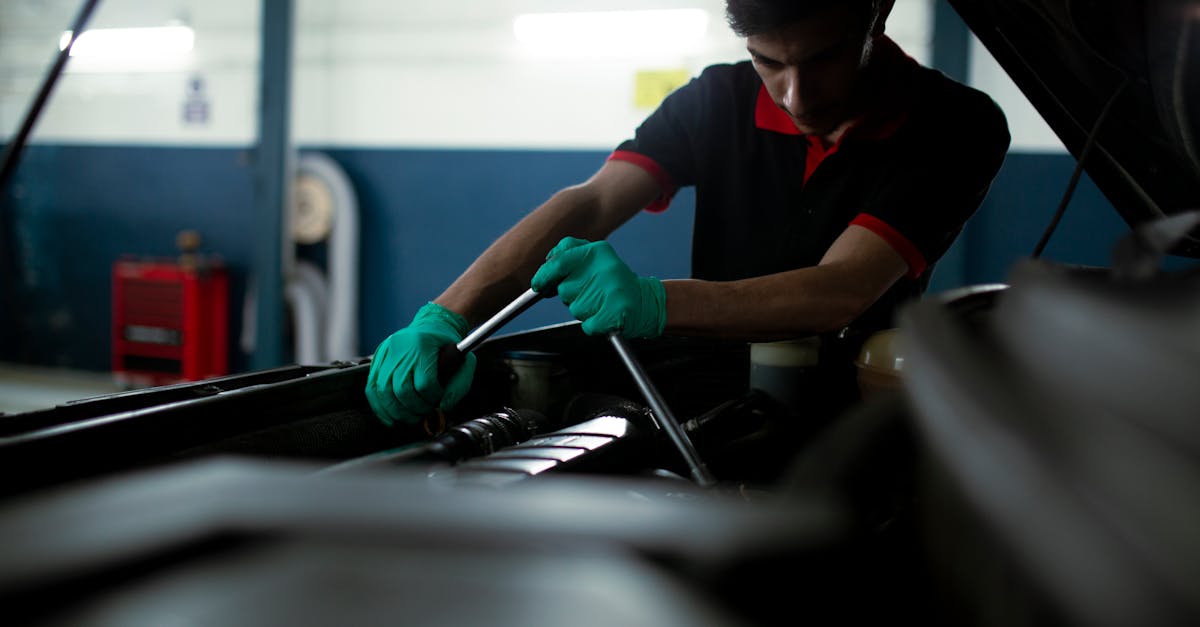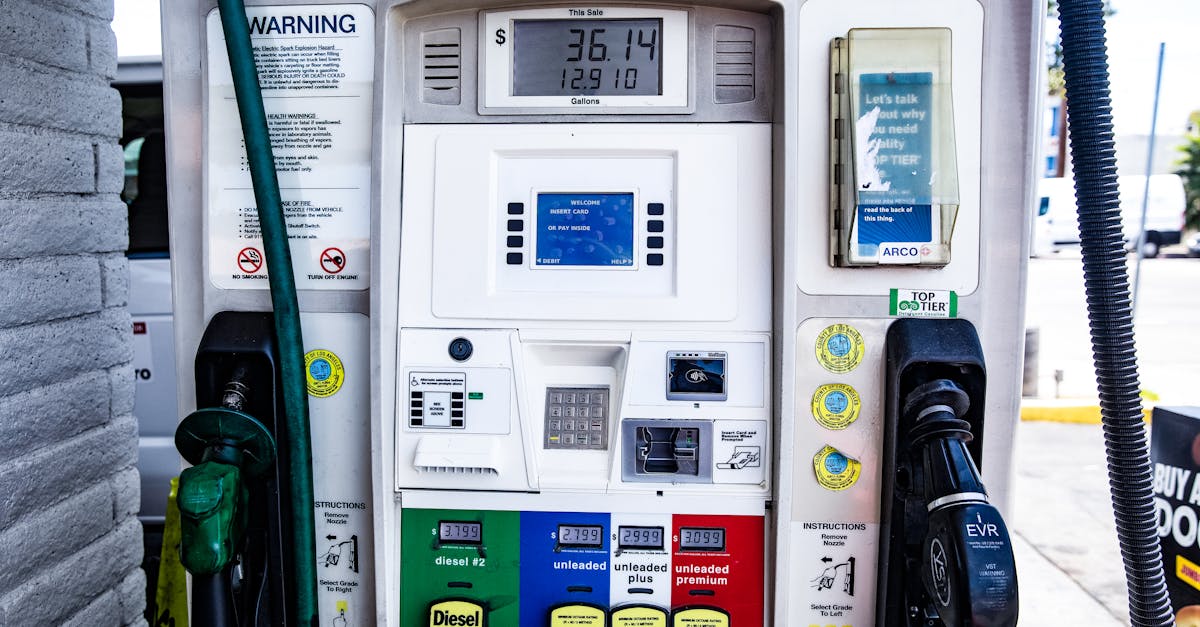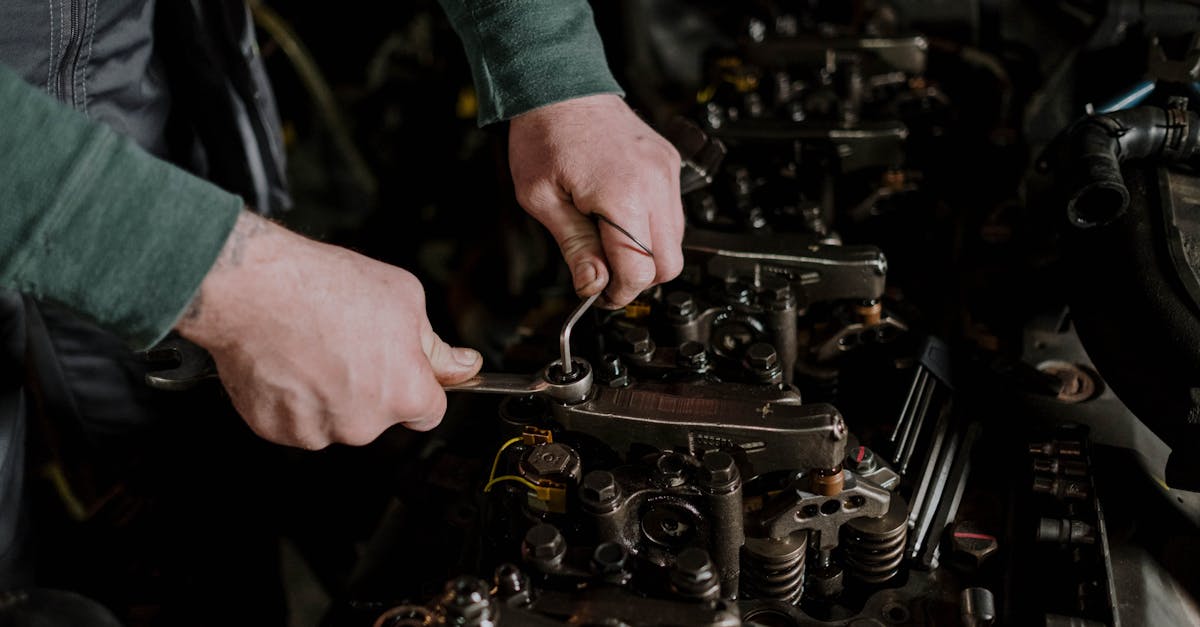Beyond the Oil Change: 8 Overlooked Car Maintenance Services That Extend Your Car's Life
In the fast-paced world of automotive technology, maintaining a vehicle's longevity often falls by the wayside, overshadowed by the allure of new gadgets and features. However, ensuring that your vehicle thrives for years involves more than just regular oil changes and tire rotations. This article delves into 8 often-overlooked car maintenance practices that can significantly extend the life of your vehicle. By focusing on these hidden gems, you can nurture your car's longevity, ensuring it remains reliable and efficient for the long haul. Each section will explore a unique maintenance aspect, providing insights and practical tips for car owners.
1. The Unseen Importance of Brake Fluid
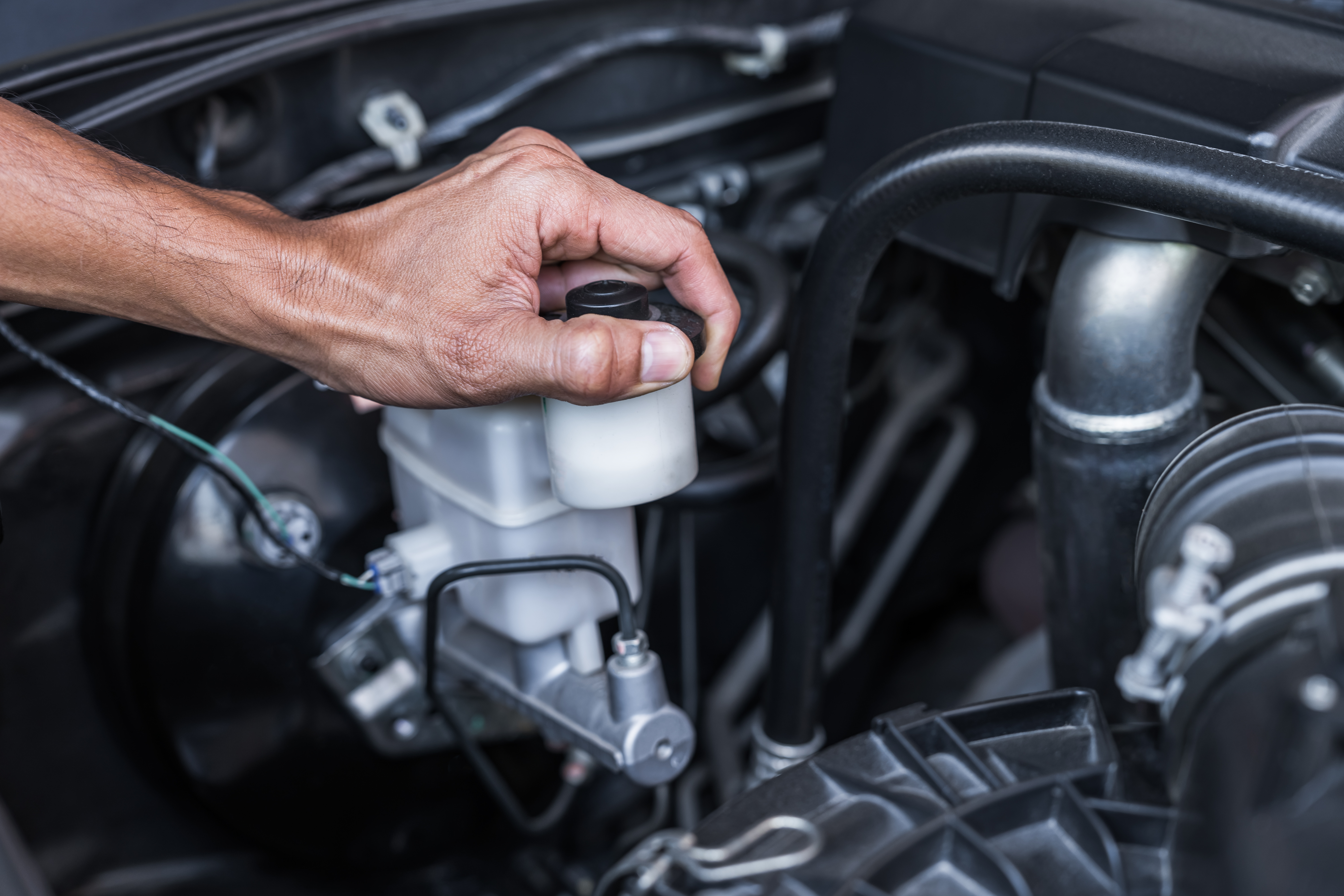
While most drivers are diligent about checking their engine oil, brake fluid often goes unnoticed. This hydraulic fluid is crucial for the effective functioning of your braking system. Over time, brake fluid can absorb moisture from the air, leading to corrosion in the brake lines and decreased braking efficiency. Regularly checking and replacing brake fluid can prevent costly repairs and ensure your safety on the road. A simple annual inspection can reveal the condition of your brake fluid, and a timely flush and refill can keep your braking system in top shape, thus prolonging your vehicle’s lifespan.
2. The Silent Role of Cabin Air Filters
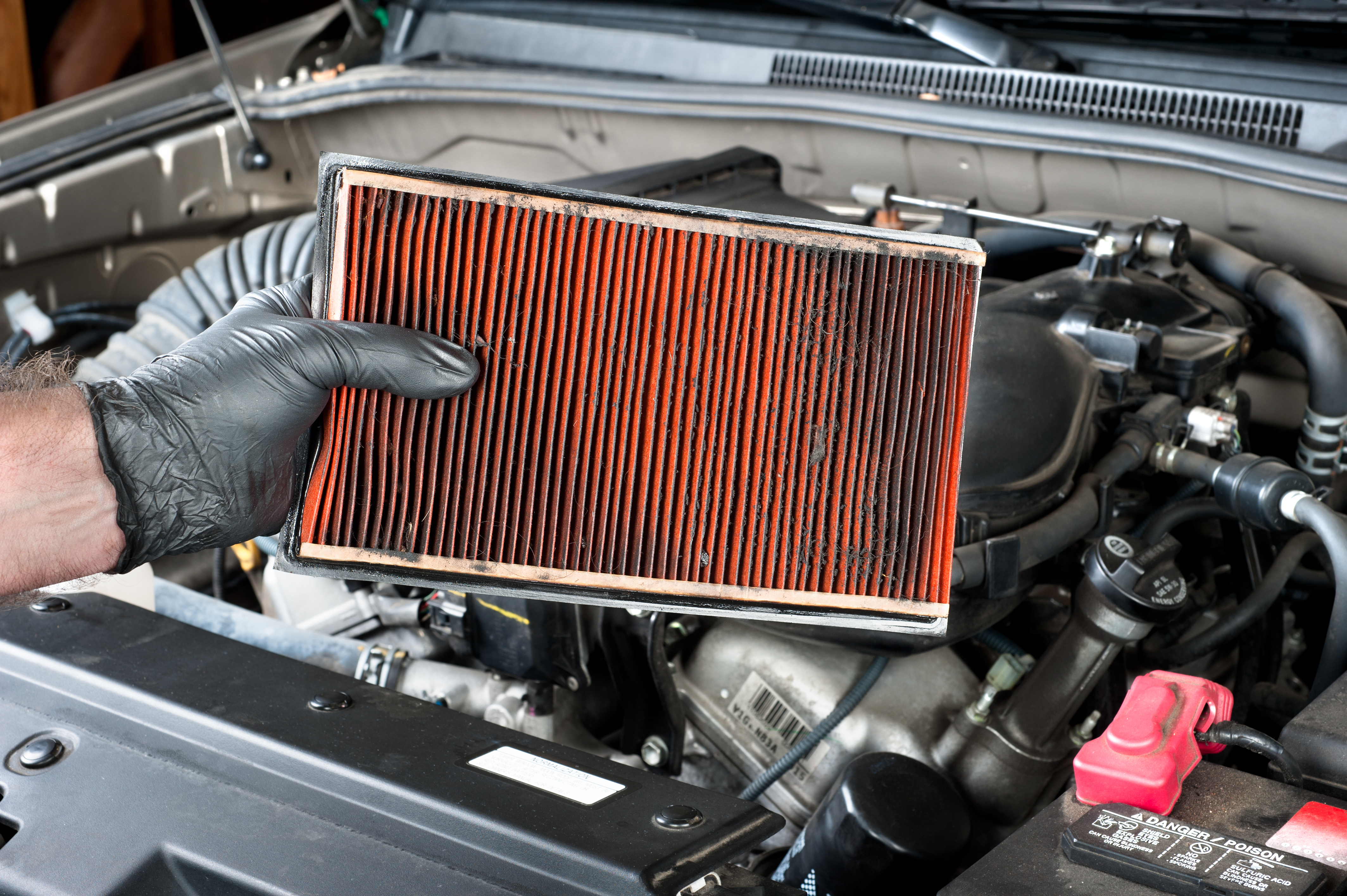
Cabin air filters are an often-overlooked component that plays a significant role in maintaining a vehicle’s interior environment. These filters trap dust, pollen, and other pollutants, ensuring that the air inside your vehicle remains clean and fresh. A clogged cabin air filter can reduce airflow, strain your HVAC system, and decrease fuel efficiency. Replacing your cabin air filter every 12,000 to 15,000 miles, or as recommended by your vehicle’s manufacturer, can improve air quality and ensure that your vehicle’s heating and cooling systems operate efficiently, contributing to the overall health of your car.
3. The Overlooked Transmission Fluid
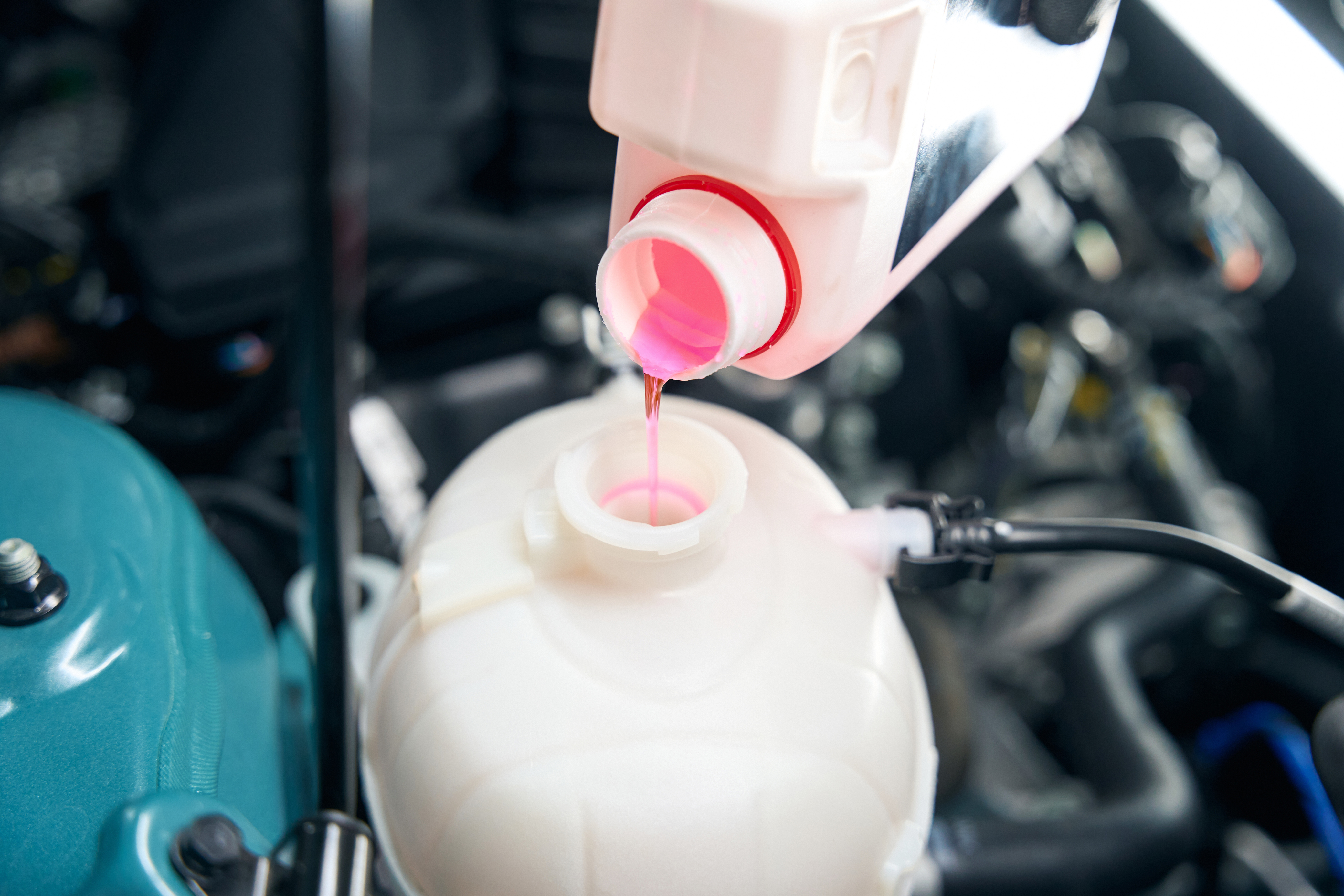
Transmission fluid is vital for lubricating and cooling the components within your vehicle’s transmission system. However, it is frequently neglected until a problem arises. Dirty or low transmission fluid can lead to overheating and gear slippage, which can cause severe damage to the transmission. Regularly checking the transmission fluid level and condition, and following the manufacturer’s recommended service interval for fluid changes, can prevent these issues. By maintaining clean and adequate transmission fluid, you ensure smooth gear shifts and extend the life of your transmission, a critical component for vehicle longevity.
4. The Unsung Heroes: Wheel Bearings
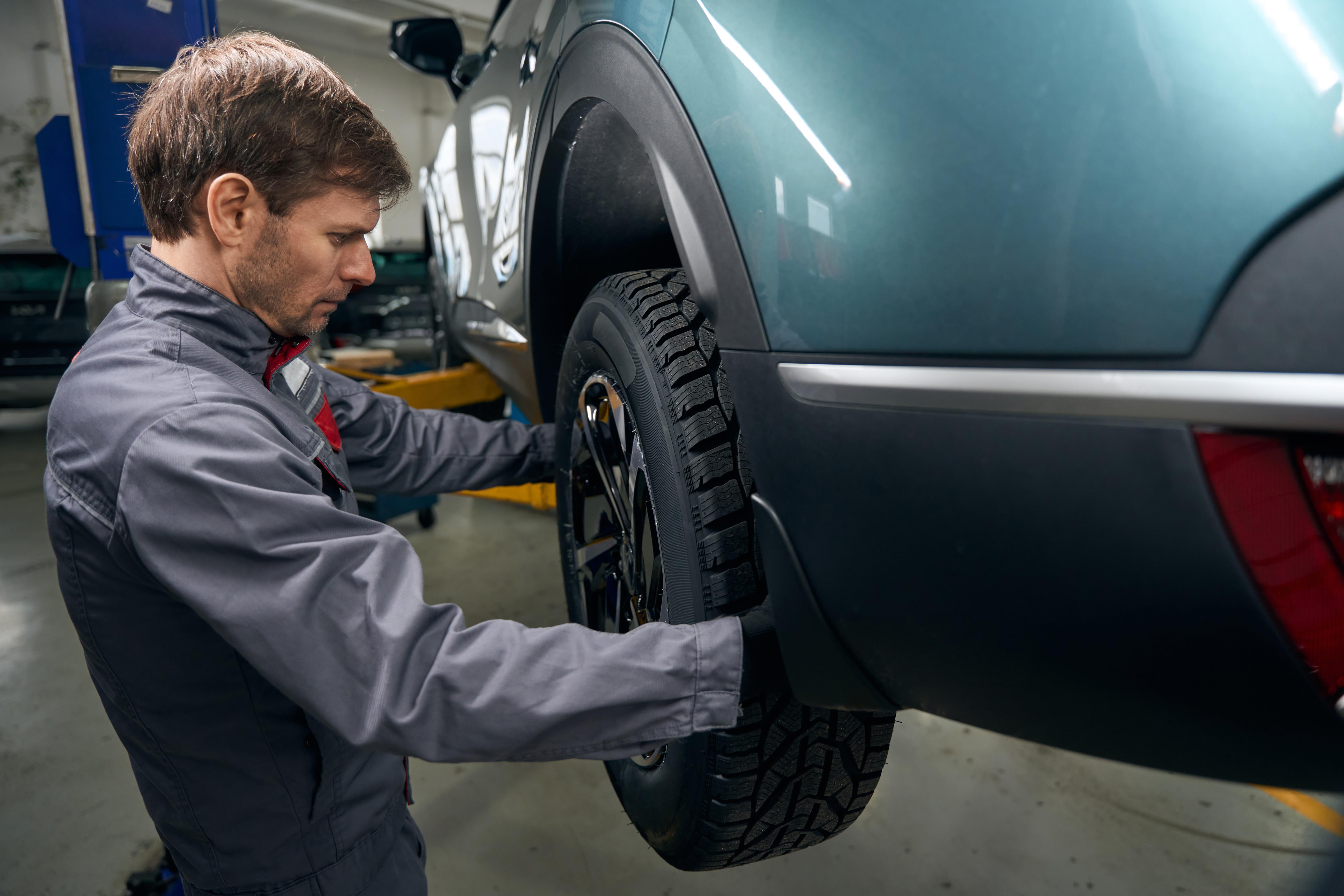
Wheel bearings are essential for the smooth rotation of your wheels, yet they are often ignored until they fail. These components support the weight of your vehicle and reduce friction between the wheel and axle. Over time, wheel bearings can wear out, leading to noise, vibration, and even wheel detachment. Regular inspections and timely replacement of wheel bearings can prevent these catastrophic failures. Keeping your wheel bearings in good condition ensures a smooth ride and prevents undue stress on other suspension components, contributing to the overall durability of your vehicle.
5. The Neglected Fuel Filter
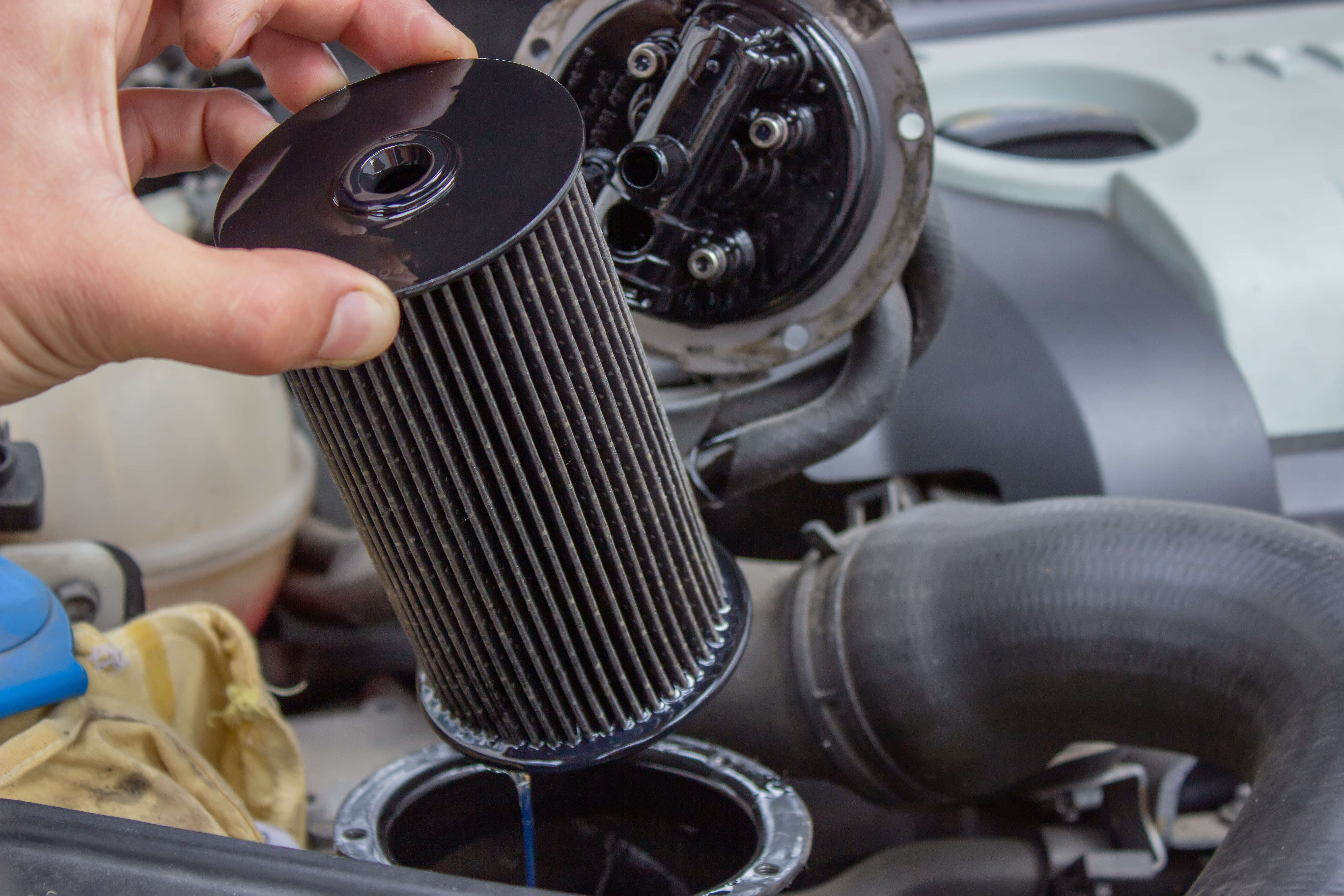
The fuel filter plays a critical role in protecting your engine from contaminants in the fuel. A clogged fuel filter can restrict fuel flow, leading to poor engine performance and decreased fuel efficiency. Over time, this can cause damage to the fuel pump and injectors. Replacing the fuel filter according to the manufacturer’s schedule, typically every 20,000 to 40,000 miles, can prevent these issues. By ensuring a clean and efficient fuel delivery system, you not only maintain optimal engine performance but also extend the life of your engine, keeping your vehicle running smoothly for years.
6. The Underappreciated Differential Fluid
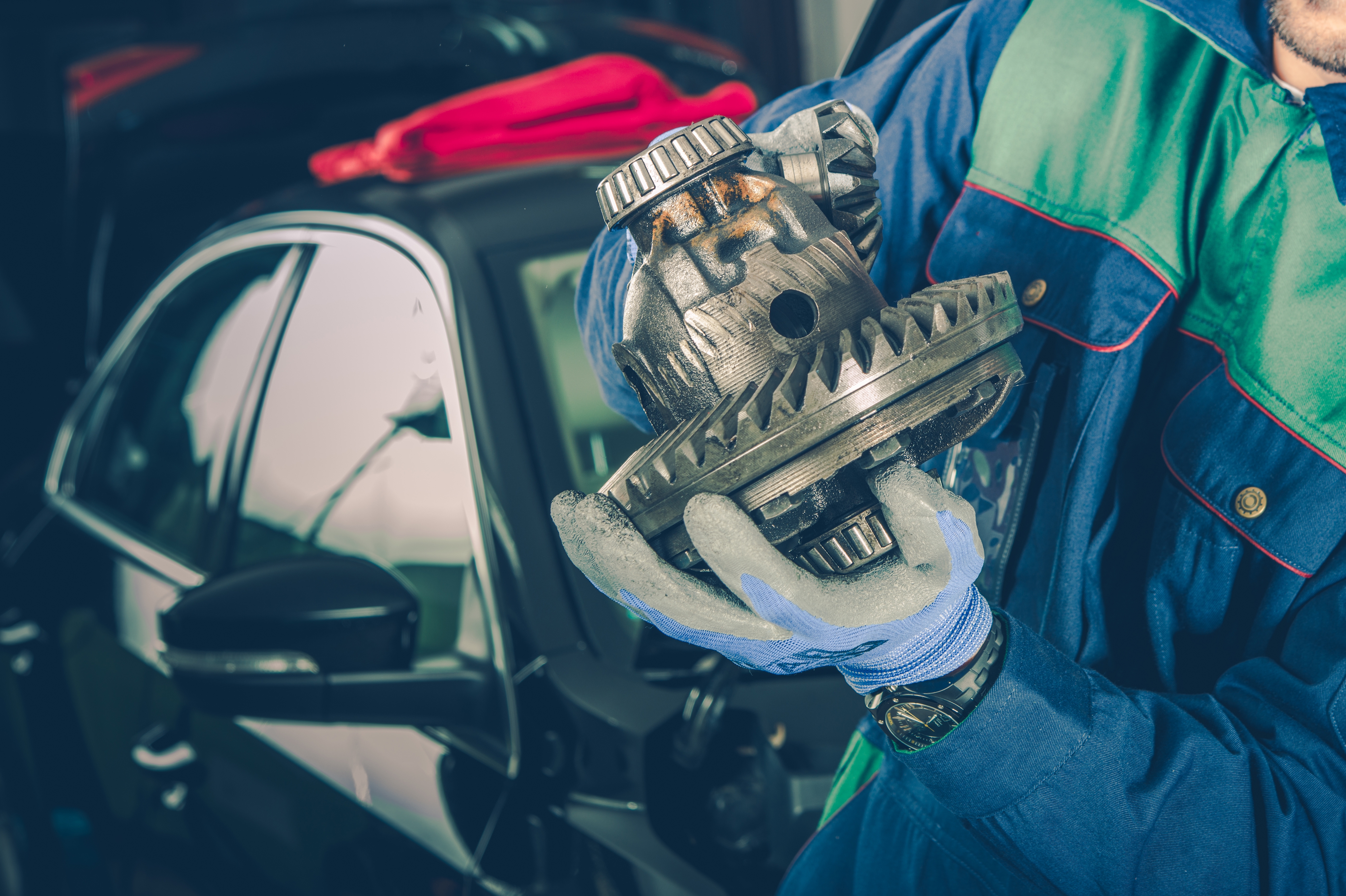
The differential is a key component in your vehicle’s drivetrain, responsible for distributing power to the wheels. Differential fluid lubricates the gears and bearings within the differential, preventing wear and overheating. Like other fluids, differential fluid can degrade over time, leading to increased friction and potential gear damage. Regularly checking and replacing differential fluid according to your vehicle’s maintenance schedule can prevent these problems. By maintaining proper lubrication in the differential, you ensure efficient power transfer and prolong the life of this critical component, enhancing your vehicle’s longevity.
7. The Essential Timing Belt
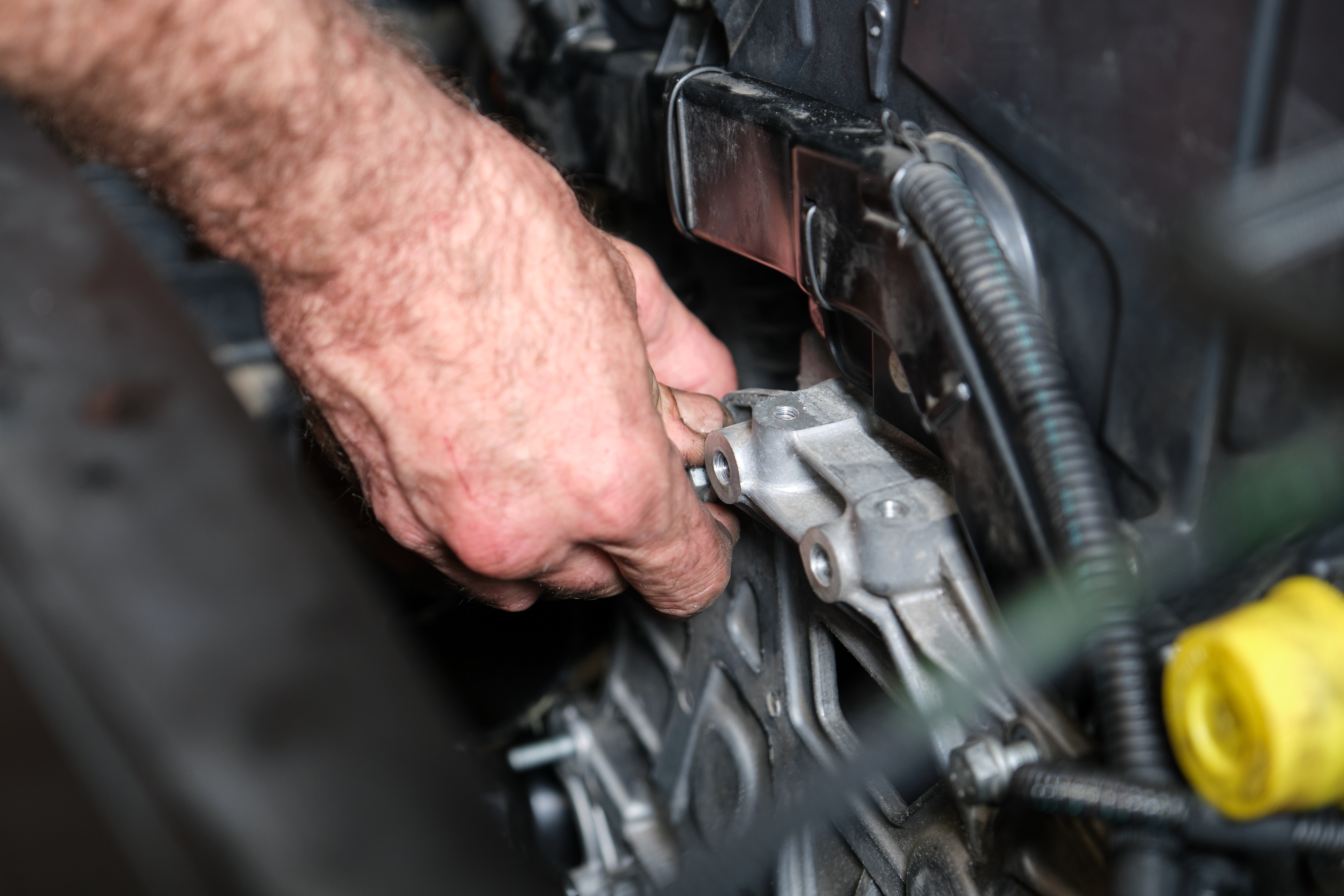
The timing belt is a crucial component that synchronizes the rotation of the crankshaft and camshaft, ensuring that engine valves open and close at the proper times. A worn or broken timing belt can lead to engine failure, resulting in costly repairs. Most manufacturers recommend replacing the timing belt every 60,000 to 100,000 miles. Adhering to this schedule and inspecting the belt for signs of wear can prevent catastrophic engine damage. By maintaining a healthy timing belt, you ensure the smooth operation of your engine, which is vital for the long-term health of your vehicle.
8. The Overlooked Spark Plugs
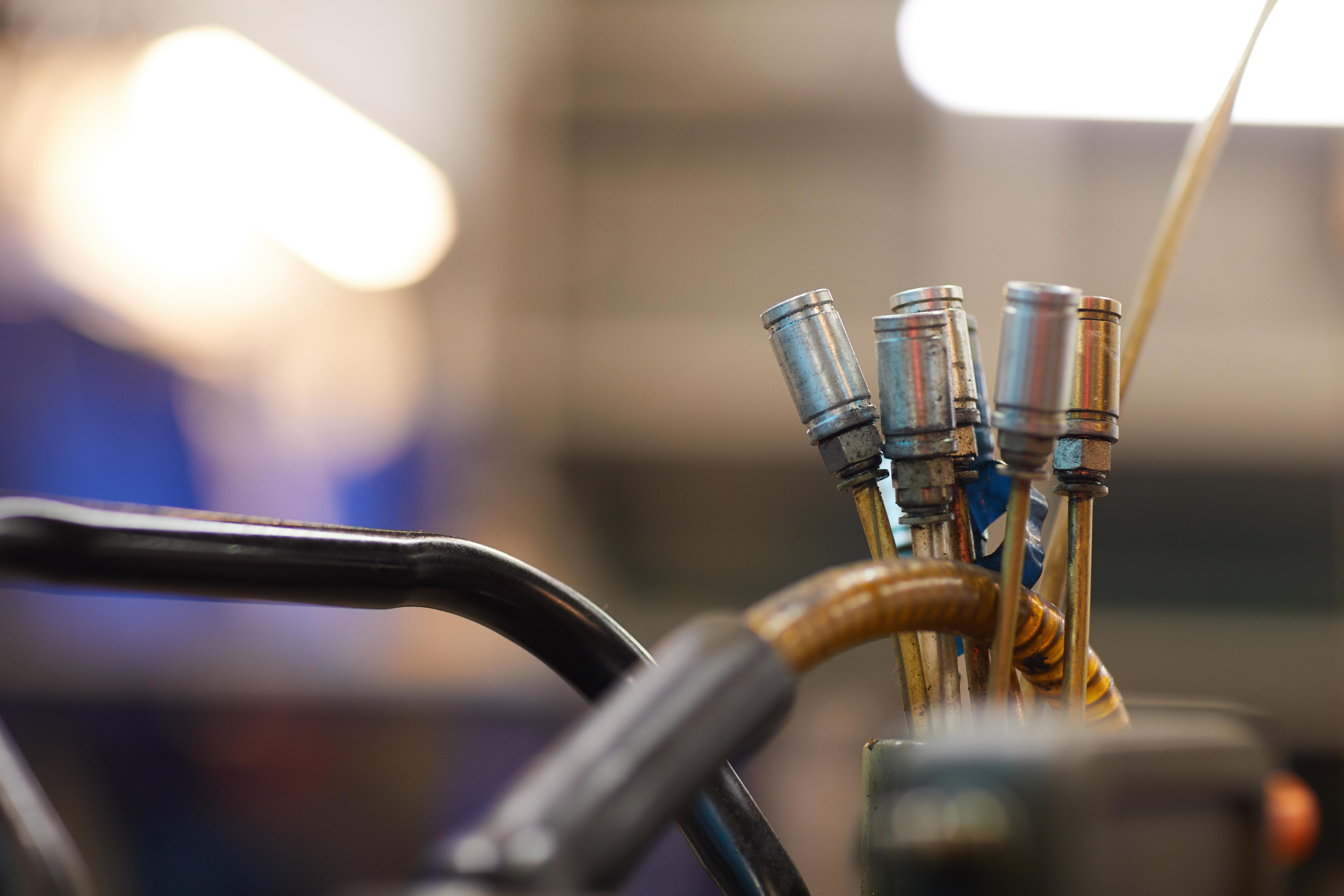
Spark plugs are small but mighty components that ignite the air-fuel mixture in your engine’s cylinders. Over time, spark plugs can become fouled or worn, leading to misfires, reduced fuel efficiency, and poor engine performance. Regularly inspecting and replacing spark plugs according to your vehicle’s maintenance schedule can prevent these issues. Keeping your spark plugs in good condition ensures efficient combustion, smooth engine operation, and optimal fuel economy, all of which contribute to the overall longevity of your vehicle.
A Holistic Approach to Car Maintenance
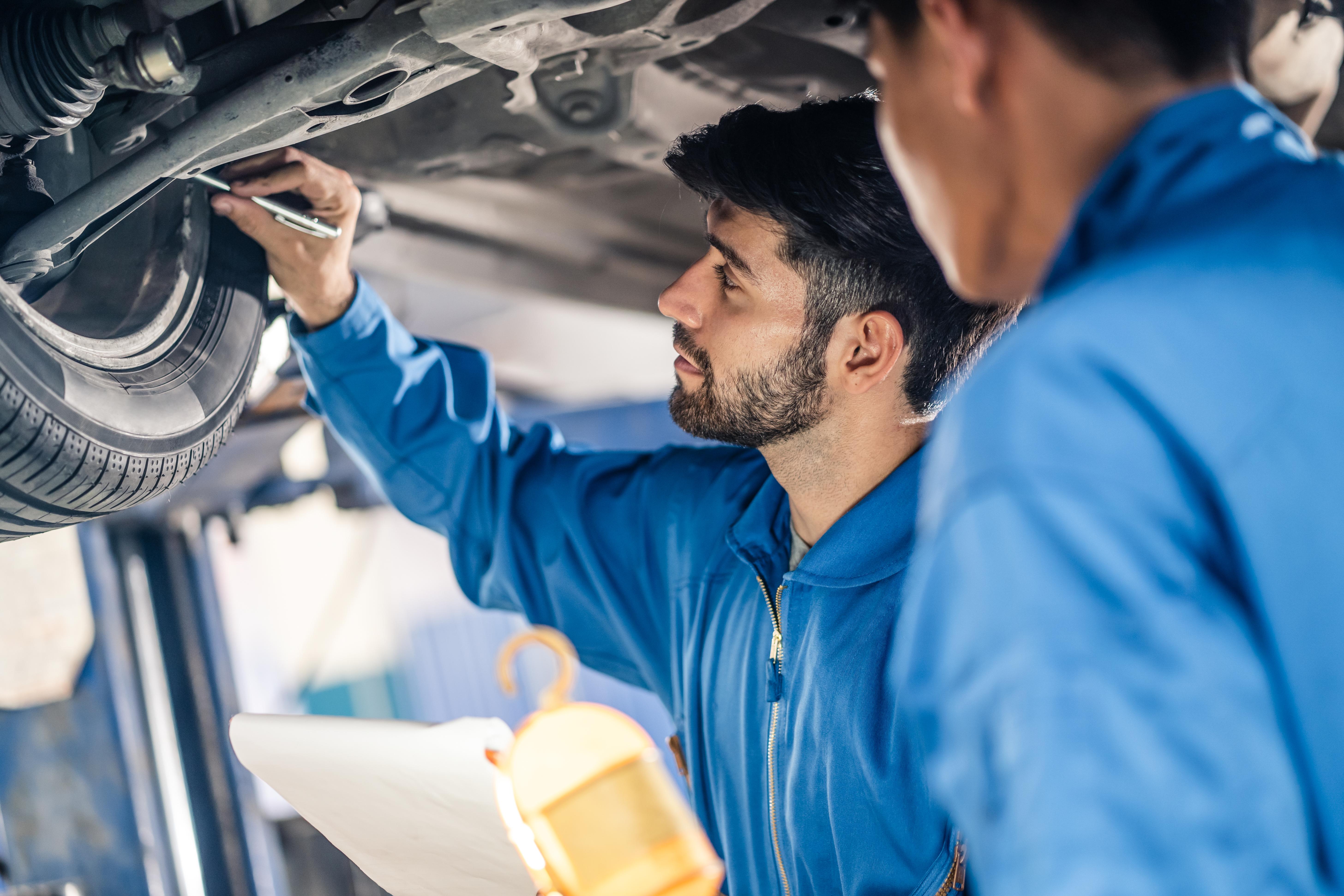
Nurturing the longevity of your vehicle involves more than just attending to the obvious maintenance tasks. By focusing on these often-forgotten maintenance gems, you can address potential issues before they become major problems, ensuring that your vehicle remains reliable and efficient for years to come. Each component, from brake fluid to spark plugs, plays a crucial role in the overall health of your car. By adopting a holistic approach to car maintenance, you not only protect your investment but also enjoy a safer, more enjoyable driving experience.

